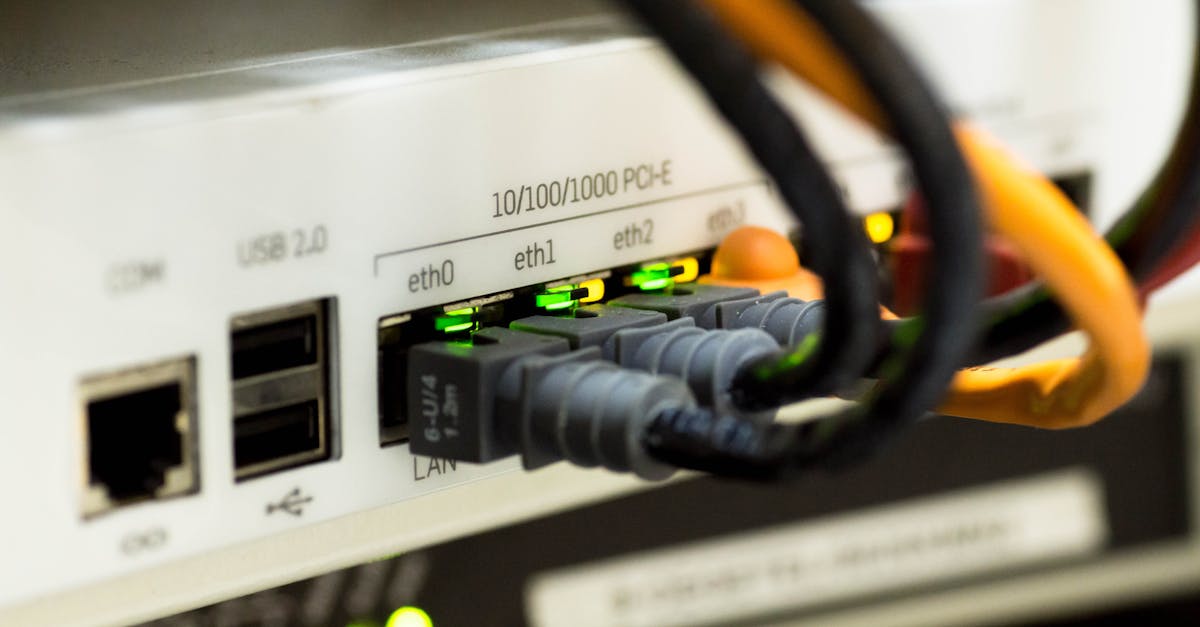In a world where everything from toasters to thermostats is getting a tech upgrade, the IoT router stands as the unsung hero of connectivity. Imagine a device that’s not just a router but a smart traffic cop for your home network, skillfully managing a bustling parade of gadgets. It’s like having an extra set of hands—if those hands were made of silicon and could juggle your smart fridge, security cameras, and even your pet’s collar.
Table of Contents
ToggleOverview Of IoT Routers
IoT routers serve as the backbone of smart home connectivity. These devices manage the communication between numerous connected gadgets, ensuring a seamless flow of data. They optimize bandwidth usage, allowing multiple devices to operate without lag.
Many IoT routers support various wireless protocols, such as Wi-Fi, Zigbee, and Z-Wave. Such versatility enables compatibility with a wide range of smart devices. Security features often include encryption, firewalls, and regular firmware updates, protecting networks from potential threats.
The setup process of an IoT router typically involves a user-friendly interface. Users can configure device priorities and manage network settings with ease. Advanced options allow users to monitor connected devices and bandwidth usage.
Performance varies among different IoT routers. Factors influencing performance include processing power and the number of supported simultaneous connections. Manufacturers often provide specifications to help users select the best option for their needs.
Brands like TP-Link, Netgear, and Asus offer popular models designed for smart home environments. Each brand has options that cater to different budgets and performance requirements. User reviews can provide additional insights into reliability and ease of use.
Overall, IoT routers play a vital role in managing a smart home ecosystem. They ensure efficient communication and enhance the experience of connected living.
Key Features Of IoT Routers
IoT routers possess several essential features that enhance smart home connectivity.
Connectivity Options
These routers support multiple connectivity options tailored for various smart devices. Wi-Fi serves as the primary protocol, enabling seamless internet access for numerous gadgets. Zigbee and Z-Wave offer alternative solutions, enhancing compatibility for devices like smart bulbs and sensors. Many IoT routers come equipped with dual-band options, providing both 2.4GHz and 5GHz frequencies to optimize network performance. Effective management of bandwidth ensures multiple devices connect without compromising speed. Additional ports, such as Ethernet, cater to wired devices, delivering stable connections when needed. Overall, diverse connectivity options ensure that all smart devices function harmoniously within the home network.
Security Protocols
Security protocols in IoT routers play a crucial role in safeguarding smart homes. Advanced encryption standards, like WPA3, protect wireless communications from unauthorized access. Firewalls help block potential intrusions, creating a secure barrier between the home network and the internet. Regular firmware updates ensure routers maintain the latest security patches, reducing vulnerabilities. Some routers also feature guest networks, allowing visitors to connect safely without compromising the main network’s security. Effective monitoring tools assist users in identifying connected devices, ensuring only trusted devices remain on the network. Robust security features enhance the overall safety of IoT ecosystems, providing peace of mind for users.
Benefits Of Using IoT Routers
IoT routers provide significant advantages in smart home environments. They enhance connectivity and ensure optimal device performance.
Increased Efficiency
Increased efficiency stems from the IoT router’s ability to manage network traffic seamlessly. It optimizes bandwidth use across connected devices. Reducing latency enhances the responsiveness of smart gadgets like security cameras. Devices communicate effortlessly, which minimizes delays during data transmission. Dedicated processing power in modern routers boosts their ability to handle numerous simultaneous connections without compromising speed. This efficiency leads to smoother operations in homes filled with multiple smart devices. Consequently, users experience faster response times and improved overall performance from their smart home systems.
Enhanced Device Management
Enhanced device management focuses on streamlined connectivity and control. IoT routers facilitate easy integration of various connected devices. Through user-friendly interfaces, individuals can prioritize device access based on their needs. Convenient monitoring tools allow for tracking bandwidth and network performance. Some models even provide alerts for unusual activity or potential vulnerabilities. This proactive management promotes better network security. The ability to create guest networks enhances visitor experiences while maintaining security. Overall, effective device management contributes to a more cohesive and secure smart home environment.
Popular IoT Router Models
Many IoT routers stand out in the market, each offering unique features that enhance smart home connectivity.
Model Comparison
Comparing different models reveals distinct features beneficial for various smart home setups. TP-Link’s Deco series offers mesh technology for wider coverage, making it ideal for larger homes. Netgear’s Orbi excels in speed, suitable for high-bandwidth activities like gaming and streaming. Asus provides customizable settings, appealing to advanced users who crave control over their network. Both Zigbee and Z-Wave protocols, found in some models, enhance device compatibility. Security features also differ; models equipped with WPA3 encryption provide stronger protection against unauthorized access.
User Reviews
User reviews underscore the effectiveness and reliability of popular IoT routers. Many users praise TP-Link for its user-friendly setup, which allows quick configuration for new devices. Netgear’s consistently high ratings result from its fast and stable connectivity, especially during peak usage times. Reviewers often highlight Asus’s robust parental controls, making it easy for families to manage device usage. Overall, these routers demonstrate strong performance, enhancing security and usability, and users report significant improvements in their smart home experiences.
The IoT router stands as a pivotal element in the realm of smart home technology. By efficiently managing connectivity and communication among various devices it enhances user experience and promotes seamless operations. With robust security features and support for multiple protocols it ensures that homes remain both connected and secure.
As smart home ecosystems continue to expand the importance of choosing the right IoT router cannot be overstated. The right model can significantly boost performance and efficiency while providing peace of mind through advanced security measures. With options available from leading brands users can find the perfect fit for their specific needs and budget. Embracing the capabilities of IoT routers unlocks the full potential of smart living.



